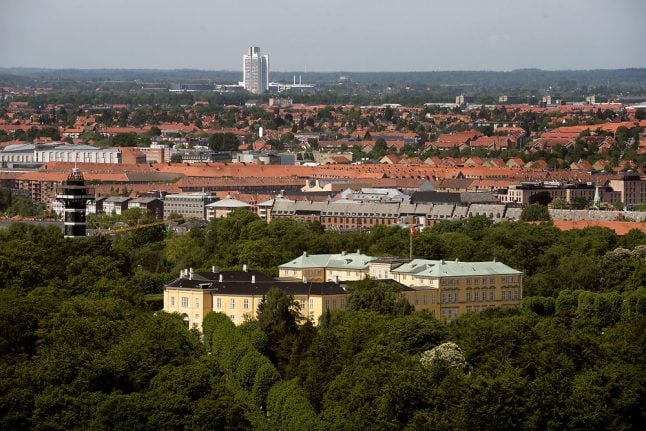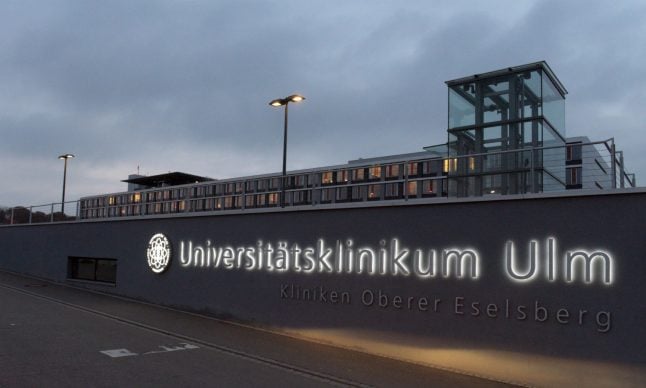That means that the mystery of who placed the infant’s corpse in the attic, in a building in the Frederiksberg area, is likely to go unsolved.
Police informed newspaper Ekstra Bladet on Friday that investigation of the case will be postponed, five months after builders discovered a tiny skeleton at the property on Prinsesse Maries Allé.
The decision to cease investigations is reported to be due to the age of the skeleton, which analysis found to be from some time between 1938 and 1954.
Efforts to identify the body have also failed, while attempts to ascertain the identity of persons who may have placed the baby in the attic or may have other knowledge of it have also not been successful.
No signs of injury or illness were found on the body and the cause of death could not be determined, according to information given to Ekstra Bladet. Police were therefore unable to state whether the infant died of natural causes or as the result of criminal action.
The baby is estimated to have been new-born at the time of death and may have been stillborn, but this was also not possible to determine. The body was found in a small cardboard box along with some paper.
Police investigation included interviews with people who have previously lived at the property, but without conclusive result.



 Please whitelist us to continue reading.
Please whitelist us to continue reading.